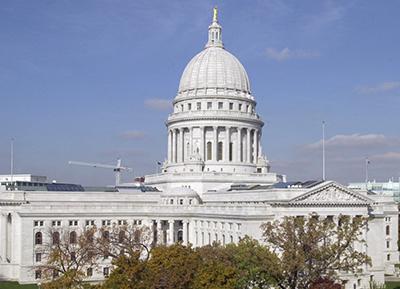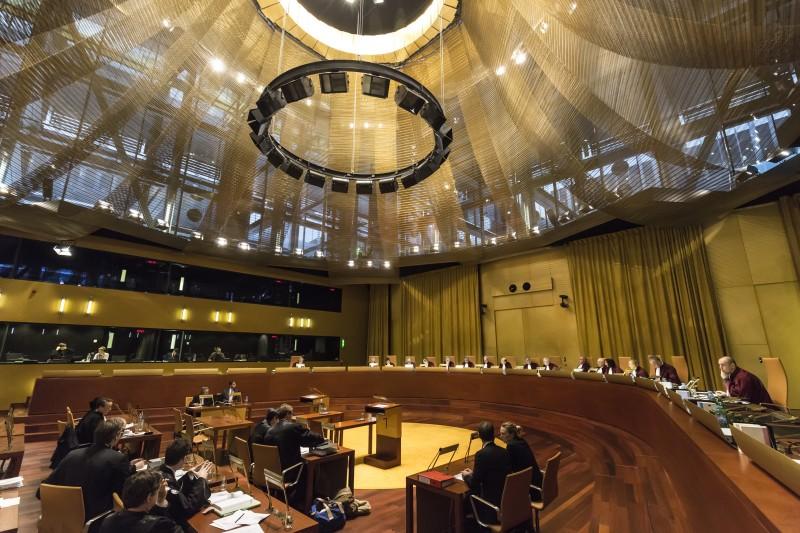In the labyrinthine world of federal policy and judicial decisions, a provocative drama unfolded as a federal judge wielded the gavel of restraint, momentarily halting the Trump administration’s controversial attempt to rescind humanities grants. This unexpected judicial intervention cast a spotlight on the delicate intersection of governmental power, cultural funding, and the constitutional boundaries that shape America’s intellectual landscape. A federal judge has delivered a decisive blow to the Trump administration’s attempts to halt humanities grants, issuing a temporary injunction that preserves critical funding for cultural and educational programs nationwide. The ruling represents a significant moment of judicial intervention in ongoing disputes about arts and humanities funding.
The legal action stems from a controversial decision by the administration to abruptly cancel several already-approved grant allocations, which would have supported numerous academic and cultural initiatives. By granting the temporary injunction,the judge effectively froze the cancellation process,ensuring that existing grant recipients can continue their planned projects without immediate disruption.
Legal experts point out that the injunction reflects broader concerns about administrative overreach and the potential chilling effect such cancellations might have on scholarly and cultural research. The humanities grants in question span diverse disciplines, including ancient research, literary studies, archaeological investigations, and cultural preservation efforts.During the court proceedings, attorneys representing the grant recipients argued that the sudden cancellations would cause irreparable harm to ongoing research projects and institutional programs.They emphasized the crucial role these grants play in supporting academic freedom and maintaining intellectual diversity across various scholarly domains.
The judge’s ruling acknowledged the potential systemic damage that could result from arbitrary grant cancellations, highlighting the importance of procedural fairness and consistent funding mechanisms. By implementing the temporary injunction,the court has effectively pressed pause on the administration’s unilateral actions.
Organizations receiving these humanities grants have expressed relief and cautious optimism. Many view the judicial intervention as a critical safeguard for academic research and cultural preservation efforts that might otherwise have been abruptly terminated.
The decision also signals a potential larger legal challenge to the administration’s approach to cultural funding. By blocking the grant cancellations, the court has opened the door for more comprehensive legal scrutiny of the decision-making process behind such administrative actions.
While the injunction is temporary,it provides a crucial breathing space for affected institutions and researchers. The ruling suggests that administrative decisions affecting scholarly funding must meet higher standards of justification and procedural transparency.
As the legal proceedings continue, stakeholders in the academic and cultural sectors are closely monitoring the potential long-term implications of this judicial intervention. The case represents a significant moment in the ongoing dialog about government support for humanities research and cultural programs.





